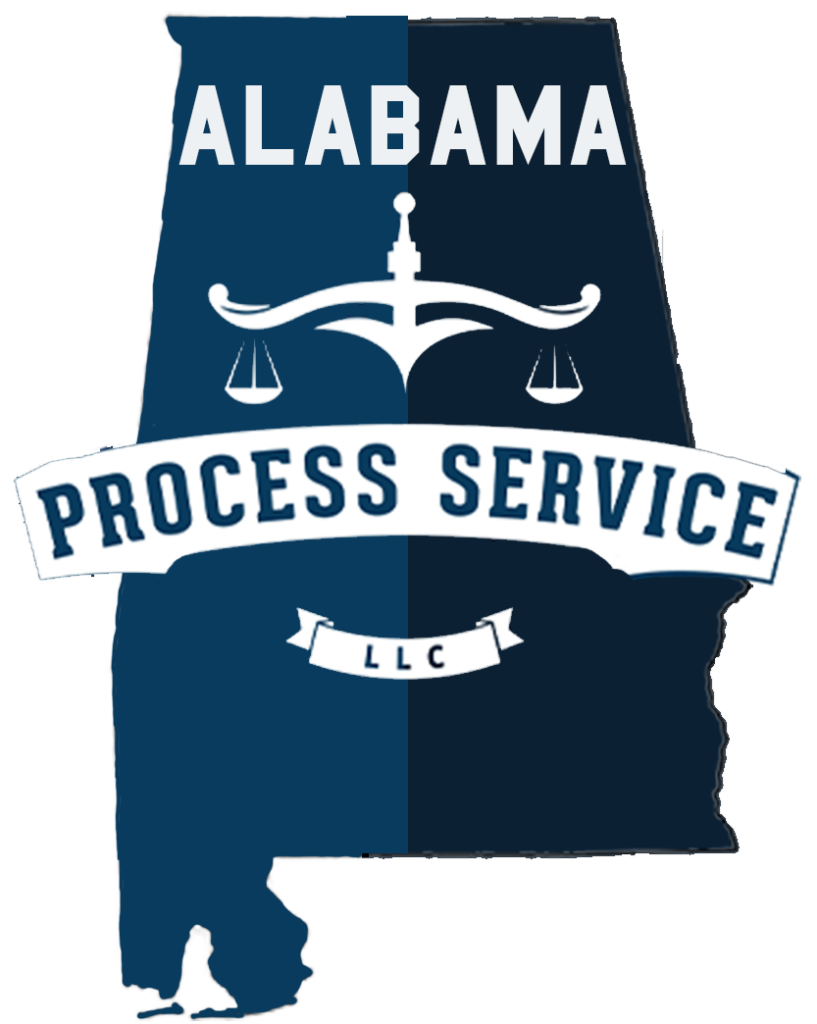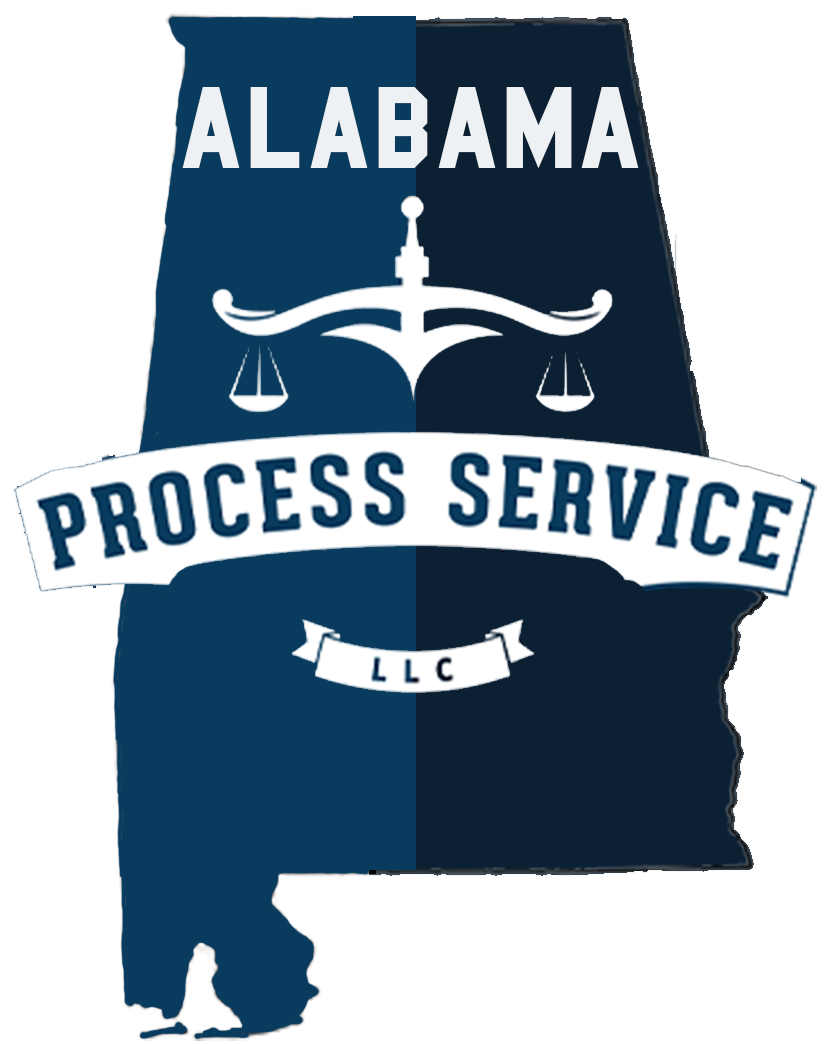Title: Strategies for Handling Evasive Defendants in Hoover: A Legal Guide
Dealing with evasive defendants in legal matters can be a challenging aspect of practicing law. Whether you are a seasoned attorney or a new lawyer in the field, understanding how to effectively handle evasive defendants is crucial for the success of your case. In the city of Hoover, where legal disputes can arise in various contexts, knowing the right strategies to navigate through evasiveness can make a significant difference in the outcome of your legal proceedings.
Identifying Evasive Behavior
Before delving into strategies for dealing with evasive defendants, it is important to recognize signs of evasiveness in a legal context. Evasive defendants may exhibit behaviors such as avoiding direct questions, providing vague or misleading answers, delaying responses, or attempting to shift blame onto others. These tactics can complicate the legal process and hinder efforts to gather relevant information or reach a resolution.
Strategies for Handling Evasive Defendants
1. Thorough Preparation: Before engaging with evasive defendants, it is essential to conduct thorough research and preparation to have a clear understanding of the case facts, legal issues, and potential strategies. Being well-prepared can help you anticipate evasive tactics and respond effectively.
2. Assertive Communication: When dealing with evasive defendants, it is important to maintain assertive communication while remaining professional. Clearly articulate your questions or requests, and do not hesitate to follow up on evasive responses to seek clarification or further information.
3. Document Everything: In cases involving evasive defendants, meticulous documentation is key. Keep detailed records of all communications, including emails, letters, and notes from conversations. This documentation can serve as valuable evidence in legal proceedings and help support your case.
4. Use Legal Tools: In cases where defendants continue to be evasive, legal tools such as subpoenas, discovery requests, and depositions can be effective in compelling them to provide the necessary information or testimony. Consult with experienced legal professionals in Hoover to determine the most appropriate legal tools for your specific situation.
5. Seek Court Intervention: If efforts to address evasiveness through communication and legal tools prove ineffective, seeking court intervention may be necessary. Filing a motion to compel or requesting a court order can help enforce compliance with legal obligations and facilitate progress in your case.
6. Maintain Professionalism: Throughout the process of dealing with evasive defendants, it is important to maintain professionalism and adhere to ethical standards. Keep your focus on advocating for your client’s best interests while upholding the integrity of the legal profession.
Conclusion
Handling evasive defendants in legal matters requires patience, persistence, and strategic approach. By implementing the strategies outlined above and seeking guidance from experienced legal professionals in Hoover, you can navigate through challenges posed by evasive behavior and work towards achieving a favorable outcome in your legal proceedings. Remember, effective communication, thorough preparation, and adherence to legal procedures are key elements in successfully managing evasive defendants in the legal arena.

